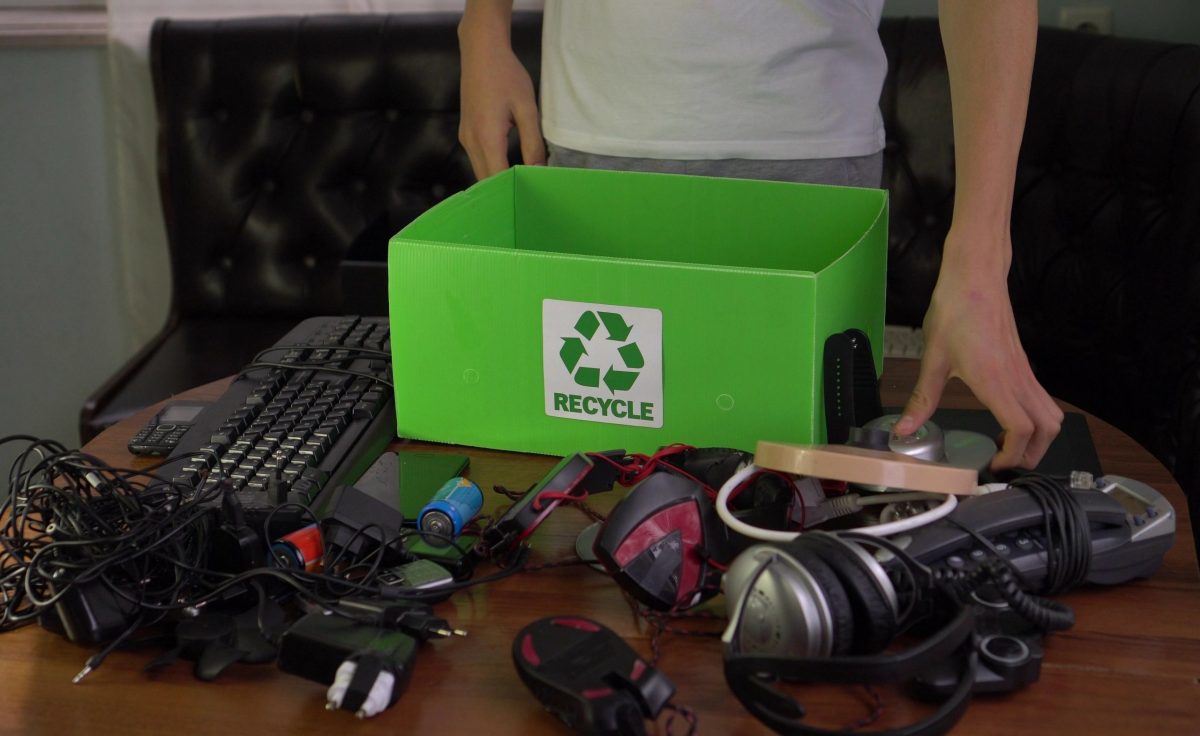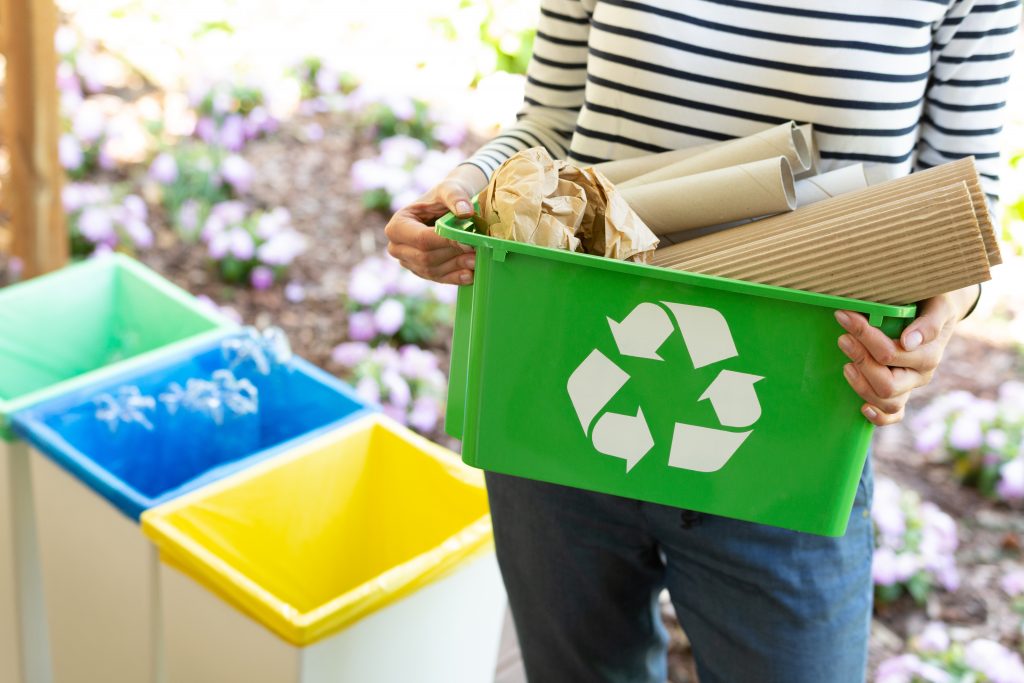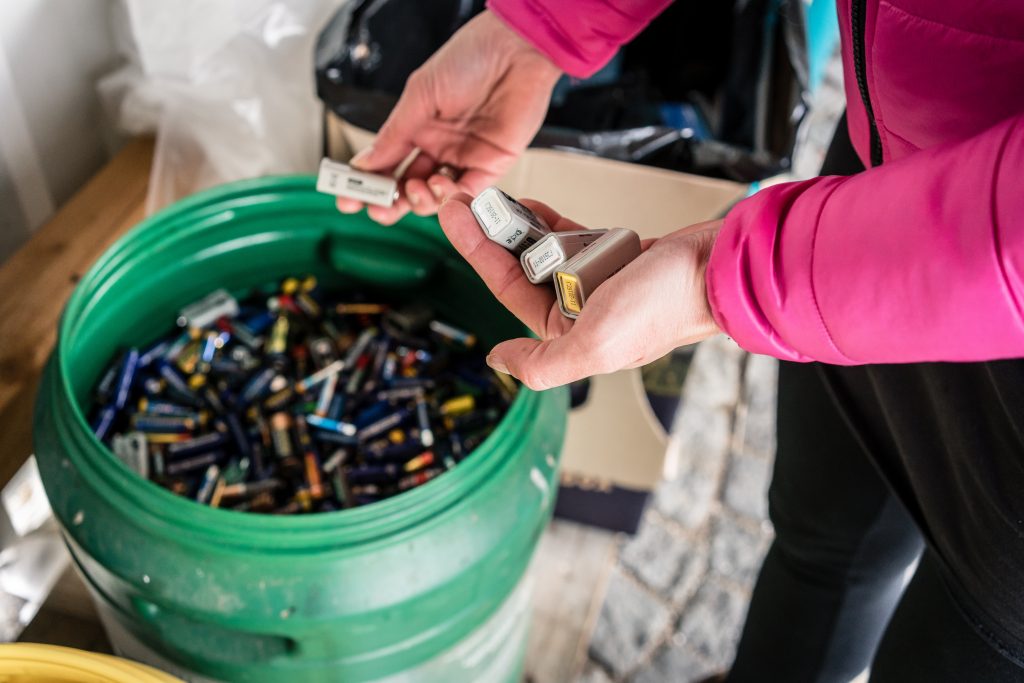In an increasingly digital world, we all generate electronic waste very frequently, but how should we dispose of it?
Telephones, televisions, VCRs, video game consoles, DVD and Blu-Ray players and endless batteries are the types of electronic waste that abound in homes and irresponsibly in landfills.
The reason this type of garbage is on the rise is that buying an electronic device is a habit. On the one hand, the constant updates put a kind of pressure on people to “keep up with the latest“. On the other hand, people feel the need to be at the forefront and shortly after having one of these devices they feel the need to change it.
Regardless of the time of use or the minimum damage that your phone may have, surely after a maximum of two years you want to renew it.
Some people accumulate their old gadgets in the drawers, but at some point it’s time to get rid of them.
How to dispose of electronic waste?
Throwing electronic waste in the trash simply causes harm to the environment. Many of them contain internal batteries or chemicals that can be toxic to the landfills themselves. They are hazardous waste.
The ideal way to protect the ecological damage caused by these items is to send them to the same manufacturers. They are already working on recycling electronics such as computers and televisions.
If e-waste isn’t recycled, it ends up in the landfill where it is exposed to air, water… Over time these electronics –made from toxic materials such as lead, mercury, zinc, flame retardants, and chromium– can release toxins into the air and the soil, affecting the environment.
The responsible disposal of electronic waste is not only ecological, it also allows you to donate those that still have a useful life in new hands.
How does e-waste recycling work?
If the best decision is to opt for recycling, the device is disassembled to separate the pieces into separate categories. This determines which parts can be reused and which should be disposed of with due care.
If you do not have help or more information, it is advisable to follow these tips:
- Find out if your city has an electronics recycling facility.
- When you want to throw away some devices, try to donate them to nearby people. Think about organizations that can continue to use them.
- If you have valuable gadgets try selling them online to collectors or even stores.
Before making a decision about your electronic waste, consider that many of these products can be salvaged, refurbished, reused or recycled



